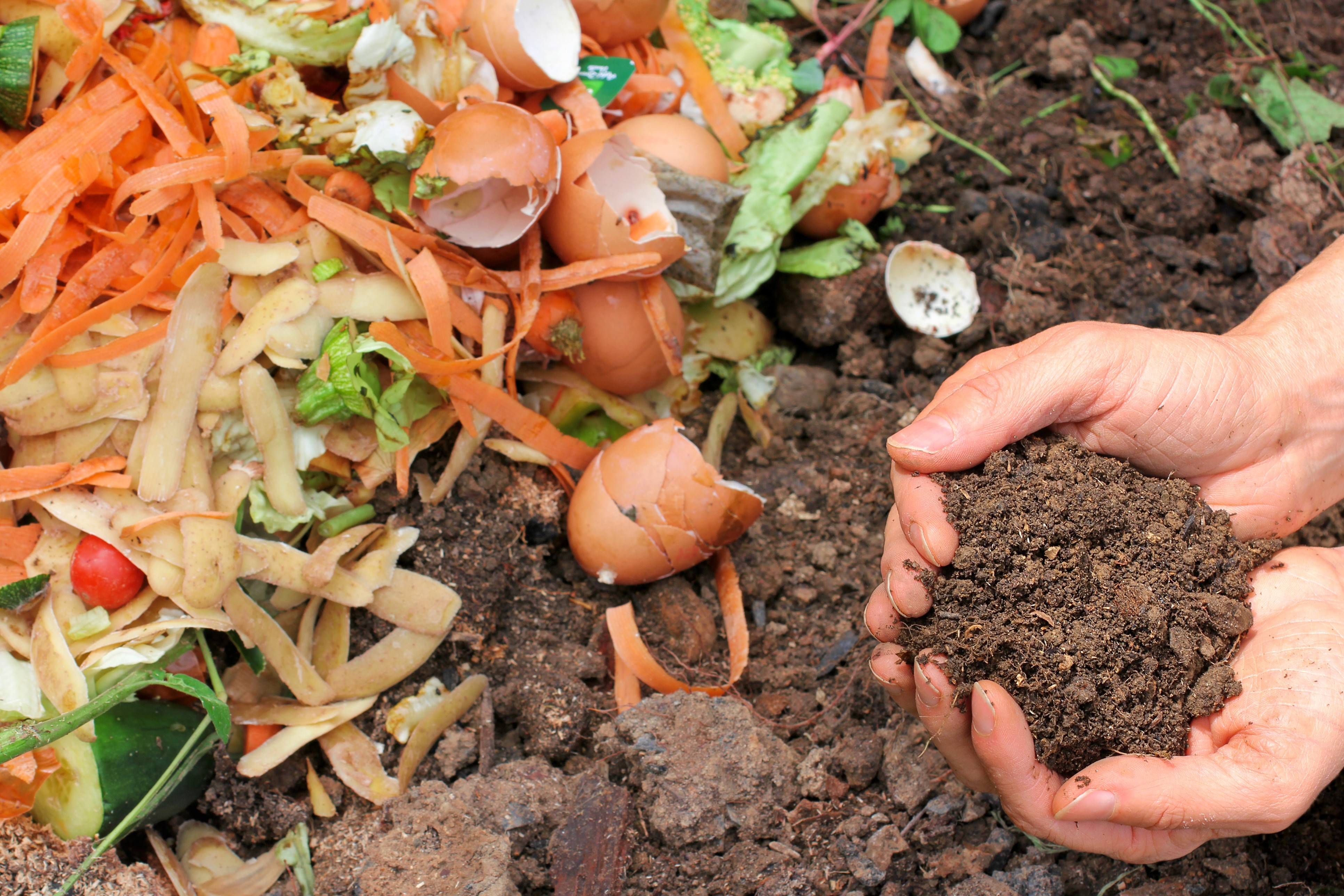This site uses cookies – Learn more.
Composting 101
Composting 101

It’s safe to say that New Yorkers love food, but as a city, we waste a lot of it! In fact, food makes up nearly 18% of all waste collected in the city. As a popular lunchtime spot, Madison Square Park knows firsthand that food waste has an impact on our outdoor space– nearly 18,000 pounds of trash and recycling is collected in the park each month.
This much waste is tough for our team to move and costly to manage. It can contaminate valuable recycling and attracts rodents and other pests. When the waste finally reaches its final landfill destination, it releases methane emissions as it decomposes, contributing to climate change.
Our community can avoid emissions caused by food waste through composting. Composting is the process of decomposing organic waste in a controlled environment to create a nutrient-rich humus. It is free, easy, and great for the environment.
Begin composting at home today. First, register for NYC’s Curbside Composting. This free service has been on hold due to the pandemic but returns this fall. Residents, building managers, or board members can enroll in just a few minutes. We need to get as many people to sign up as possible in order to bring curbside compost collection to our neighborhood.
We know composting can sound intimidating but once you start, you won’t be able to stop. Especially knowing that this small act can have a big impact. To begin composting at home, start with separating food scraps including:
- Fruits, Vegetables and Eggshells
- Coffee, Tea and Nuts
- Bread, Grains, Pasta
- Dried Flowers and Houseplants
- Bones, shells
- Food soiled paper
You can keep the scraps in a countertop container, or in a compostable bag in your freezer. Drop your scraps in a DSNY issued brown bin in your building.
Once the compost has been collected, it is brought to a location for processing. The scraps are then combined with other organic materials like lawn trimmings and heated. At this stage, bacteria and microorganisms get to work, creating renewable energy and breaking down unwanted food into a desirable earthy material. The hummus is then transported to parks and gardens around the city and applied to garden beds where it adds nutrients to the soil, retains moisture, and protects plants from pests and disease.
Begin composting today to help reduce food waste and keep our neighborhood clean and green! Enroll online or visit the park on Wednesday, November 10th from 1 – 4 PM to sign up and ask sanitation experts any questions you may have.
The more people who sign up, the sooner composting service will begin in our neighborhood!



